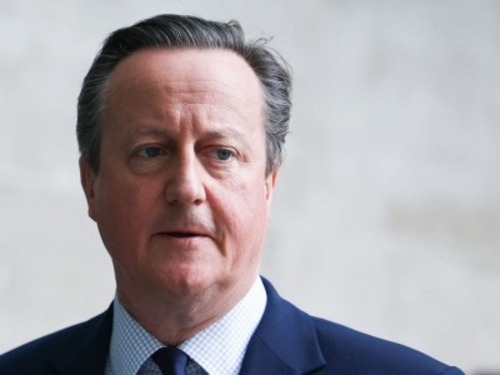#PhoneHackingScandal

#PhoneHackingScandal

The News of the World phone hacking scandal was a major media and political controversy in the United Kingdom that came to light in the early 2000s and peaked in 2011. Journalists and private investigators working for the British tabloid were found to have illegally accessed the voicemails of celebrities, politicians, members of the royal family, and even victims of crime, most notably murdered schoolgirl Milly Dowler. The revelation that the tabloid had deleted voicemails from Dowler’s phone sparked public outrage and led to the closure of the 168-year-old newspaper in July 2011. The scandal prompted multiple police investigations, high-profile arrests, and the Leveson Inquiry—a public investigation into press ethics and regulation. It exposed deep ethical failures within parts of the British press and raised serious concerns about media power and accountability.
Cameron Expands Leveson Probe to Include Broadcasters and Social Media
- Wednesday, 20 July 2011

The UK Prime Minister, David Cameron, has widened the terms of reference for Lord Justice Leveson's inquiry into phone hacking to include broadcasters, social media networks, and individual conduct. The panel will consist of six people, including Liberty director Shami Chakrabarti and former Daily Telegraph editor George Jones. The inquiry's remit is to examine media practices, relations between the press, politicians, and police, and will have the power to call witnesses under oath. The inquiry aims to balance freedom of the press with individual rights while ensuring critical relationships are maintained.




















